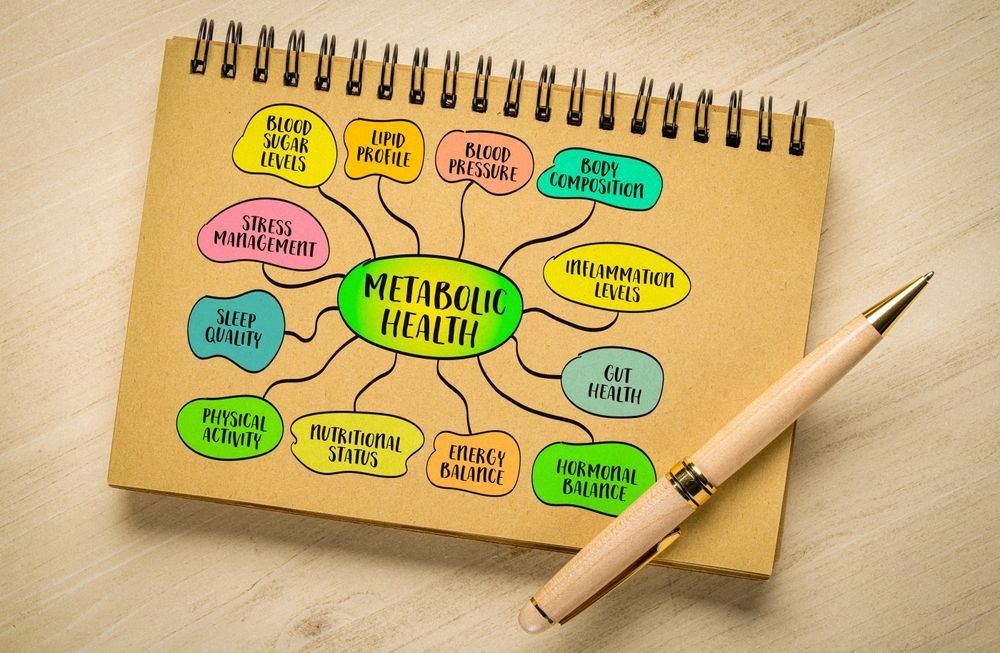The Science Behind IV Therapy for Hydration and Wellness

In recent years, intravenous (IV) therapy has gained considerable attention as a method for enhancing hydration and overall wellness. This article explores the science behind IV therapy, its biological mechanisms, involved nutrients, benefits, potential risks, and side effects.
Understanding IV Therapy: An Overview
What is IV Therapy?
IV therapy is a medical procedure that involves delivering fluids, medications, and nutrients directly into a patient's bloodstream through a vein. This method allows for rapid absorption, ensuring that the body receives needed substances more efficiently than traditional oral intake.
This therapy is commonly used in hospitals for hydration, medication administration, and nutrient replenishment. However, its growing popularity has paved the way for outpatient clinics to offer IV therapy for wellness purposes, such as boosting energy levels and enhancing recovery from illness or exercise. The versatility of IV therapy makes it an attractive option for a variety of patients, from those undergoing chemotherapy to athletes seeking optimal performance.
The Role of IV Therapy in Hydration and Wellness
One of the primary roles of IV therapy is its ability to hydrate the body quickly. This is particularly beneficial for individuals who are dehydrated due to illness, intense exercise, or simply not consuming enough fluids. Proper hydration is essential for maintaining healthy bodily functions, including digestion, circulation, and temperature regulation. Moreover, dehydration can lead to fatigue, headaches, and decreased cognitive function, making timely intervention crucial.
In addition to rehydration, IV therapy can deliver vitamins and minerals that support overall wellness. Many who undergo IV therapy report increased energy levels, improved mental clarity, and quicker recovery post-exercise or after an illness. Commonly administered nutrients include Vitamin C, B vitamins, magnesium, and electrolytes, each playing a vital role in bodily functions. For instance, Vitamin C is known for its immune-boosting properties, while B vitamins are essential for energy production and cognitive health. This nutrient-rich infusion not only addresses immediate health concerns but also promotes long-term wellness, making it an appealing choice for those looking to enhance their lifestyle.
The Biological Mechanisms of IV Therapy
How IV Therapy Works in the Body
When IV fluids are administered, they bypass the digestive system, allowing for immediate absorption into the bloodstream. This mode of delivery is particularly effective during situations where rapid action is necessary, such as in medical emergencies or severe dehydration.
The body can use these intravenous fluids to swiftly restore electrolyte balance, enhance blood volume, and improve circulation. The quick introduction of nutrients and fluids directly into the bloodstream can lead to almost instant therapeutic effects, setting IV therapy apart from other forms of treatment.
In addition to hydration, IV therapy can also deliver essential vitamins and minerals that are critical for various bodily functions. For instance, vitamin C, when administered intravenously, can have powerful antioxidant effects, supporting the immune system and promoting tissue repair. Similarly, B vitamins, often included in IV formulations, play a crucial role in energy metabolism and can help alleviate fatigue, making IV therapy a popular choice among athletes and those recovering from illness.
The Impact of IV Therapy on Cellular Hydration
Cellular hydration is crucial for optimal functioning of the body’s cells, as water is necessary for vital processes such as nutrient transport, waste removal, and maintaining cellular structure. IV therapy aids cellular hydration by delivering fluids directly to cells that might otherwise be deprived due to poor oral intake or absorption issues.
Moreover, enhanced cellular hydration can improve metabolic processes, leading to better energy production and overall physical performance. This is particularly beneficial for individuals engaging in strenuous physical activities or those recovering from surgery, as proper hydration can significantly expedite healing and recovery times.
Additionally, IV therapy can help mitigate the effects of oxidative stress on cells, which is often exacerbated by dehydration, thereby promoting a healthier cellular environment.
The Nutrients Involved in IV Therapy
Essential Vitamins and Minerals in IV Therapy
IV therapy can include a variety of essential vitamins and minerals tailored to individual needs. Common nutrients administered via IV therapy include:
- Vitamin C – Known for its immune-boosting properties.
- Vitamin B complexes – Vital for energy metabolism.
- Magnesium – Helps with muscle function and relaxation.
- Zinc – Supports immune function and wound healing.
Depending on one’s health goals, specific combinations can be customized to help address deficiencies or to enhance overall wellness.
The Role of Antioxidants in IV Therapy
Antioxidants, which help combat oxidative stress and free radical damage, are often included in IV therapy. Substances like glutathione and alpha-lipoic acid can be administered to help bolster the body’s defense mechanisms and promote recovery.
By reducing oxidative stress, antioxidants can contribute to improved cellular health and longevity, making them an essential component of wellness IV therapies.
The Benefits of IV Therapy for Wellness
Boosting Immune System with IV Therapy
IV therapy can play a pivotal role in strengthening the immune system. The rapid introduction of vitamins and minerals into the bloodstream can prepare the body to fight infections more effectively.
For instance, high doses of vitamin C delivered intravenously have been studied for their potential in enhancing immune responses, particularly in those experiencing chronic illnesses or undergoing stress.
IV Therapy for Enhanced Physical Performance
Athletes and fitness enthusiasts are increasingly turning to IV therapy for improved physical performance and faster recovery times. By ensuring adequate hydration and providing essential nutrients, IV therapy can reduce fatigue and muscle soreness post-exercise.
Many athletes find that the immediate restoration of fluids and nutrients allows them to train harder and recover more effectively, ultimately enhancing their physical performance.
Potential Risks and Side Effects of IV Therapy
Understanding the Risks of IV Therapy
While IV therapy can offer numerous benefits, it is not without risks. Potential complications can include infections at the needle site, air embolism, and fluid overload, especially if administered improperly. It is crucial for these treatments to be conducted by trained healthcare professionals who can monitor for adverse reactions.
Additionally, individuals with certain health conditions, such as heart or kidney problems, should consult their healthcare provider before undergoing IV therapy to avoid potential risks.
Common Side Effects of IV Therapy
Some common side effects include discomfort at the injection site, variations in blood pressure, and, in rare cases, allergic reactions to the ingredients used in the IV solution.
If you experience significant discomfort or unusual symptoms following IV therapy, it's essential to seek medical attention promptly to ensure safety and address any concerns.
In conclusion, IV therapy can serve as an effective option for hydration and wellness when administered correctly. By understanding its mechanisms, benefits, and potential risks, individuals can make informed decisions about whether this treatment is appropriate for their health and wellness journey.










